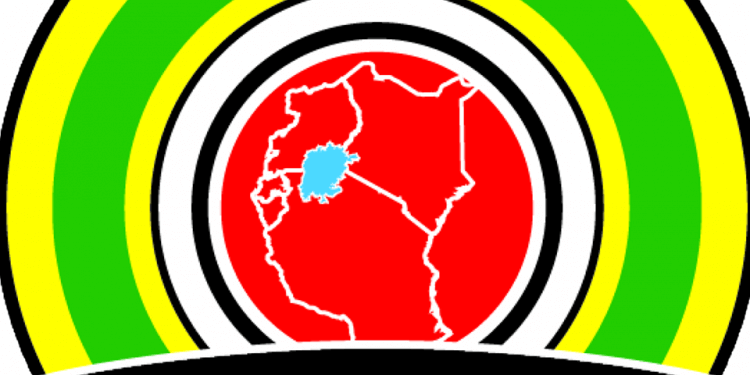
Our Projects are
Transforming African Trade
Quick Contacts
2nd Floor, Fidelity Insurance Centre Waiyaki Way, Westlands

This, according to the EABC Chairman Mr Nick Nesbitt will also enhance value addition in agriculture, mining and services sectors among others as well as strengthening regional value chains.
“EABC is a respected coordinator and holds respective dialogue with EAC governments with balanced regional views and policy stance,” he said.
Mr. Nebsitt was speaking during a courtesy visit to Uganda’s President Yoweri Kaguta Museveni, and highlighted the importance of fast tracking the comprehensive review of EAC CET; Liberalization of Opens Skies; One Network Area on Telecommunication; Harmonization of Standards in the EAC; Strengthening the EAC Secretariat on enforcement of laws; Market access with Democratic Republic of the Congo; Transport interlinkages in the region – Road, Rail and Water (lake Victoria); Inter-governmental trade dispute resolution mechanism and closer government involvement and government partnership with the private sector.
“Comprehensive review of the EAC Common External Tariff (CET) is yet to be finalized four years down the line adversely affecting intra-EAC trade,” said Hon. Peter Mathuki, EABC CEO.
Mr. Nesbitt further appreciated H.E. President Museveni for resolving border misunderstandings for the common good of the East African people as enshrined in the Treaty.
“This will go a long way in instilling confidence to the citizens and business community,” said Mr. Nesbitt adding that a healthy and vibrant private sector will support social and economic development of the EAC. Involvement and partnership with private sector in budget planning process will allow the growth of local and regional value chains, hence reducing the imports gap in the EAC region.
According to Ms. Waturi Matu of TMA, there is need for the liberalization of the incoming cargo flights as it will increase cargo volume supporting exports of EAC horticultural products.
In his remarks, President Yoweri Museveni reaffirmed the importance of partnership with the private sector. “Where does wealth creation come from? Prosperity comes from trade! Commercial Agriculture, Industry, Services, ICT,” He said.
The president also re-emphasized that there is no serious industry that can survive on the internal market alone, free trade is the minimum leaders can do to uplift East African livelihoods.
“Private sector is the dynamic and active element that unites the factors of economy i.e. land, natural resources and labour. The private sector brings on board entrepreneurship and capital,” said Museveni.
The head of state also advised for a common strategic ideology for all East Africa .i.e. All Governments should see the primary interest is to promote prosperity, therefore Trade and partnership with Private Sector. He further elaborated that there are no future markets for East African good and services without free-trade in East Africa Community, Africa and Globally. No country’s internal market only is sufficient and viable to survive.
President Museveni reiterated his commitment to champion the finalization of the comprehensive review of the CET with a focus on encouraging industrialization; Harmonization of Standards; Support EABC to be granted Headquarter Agreement with the United Republic of Tanzania; Improve efficiency and affordability of air passenger and cargo transport in the region and look at the potential of Lake Victoria transport infrastructure such as incentives to spur investment in the water transport sector.
The EABC Chairman and Board also met H.E Salva Kiir, President of the Republic of South Sudan during the courtesy call to Entebbe State House. EABC requested H.E President Salva Kiir to continue strengthening Private Sector in the Republic of South Sudan and enhancing security to improve trade and investments between other EAC partner states and the Republic of South Sudan.
Source: TheExchange
Disclaimer: The views and opinions expressed in this article are those of the authors and do not necessarily reflect the official policy or position of TradeMark Africa.